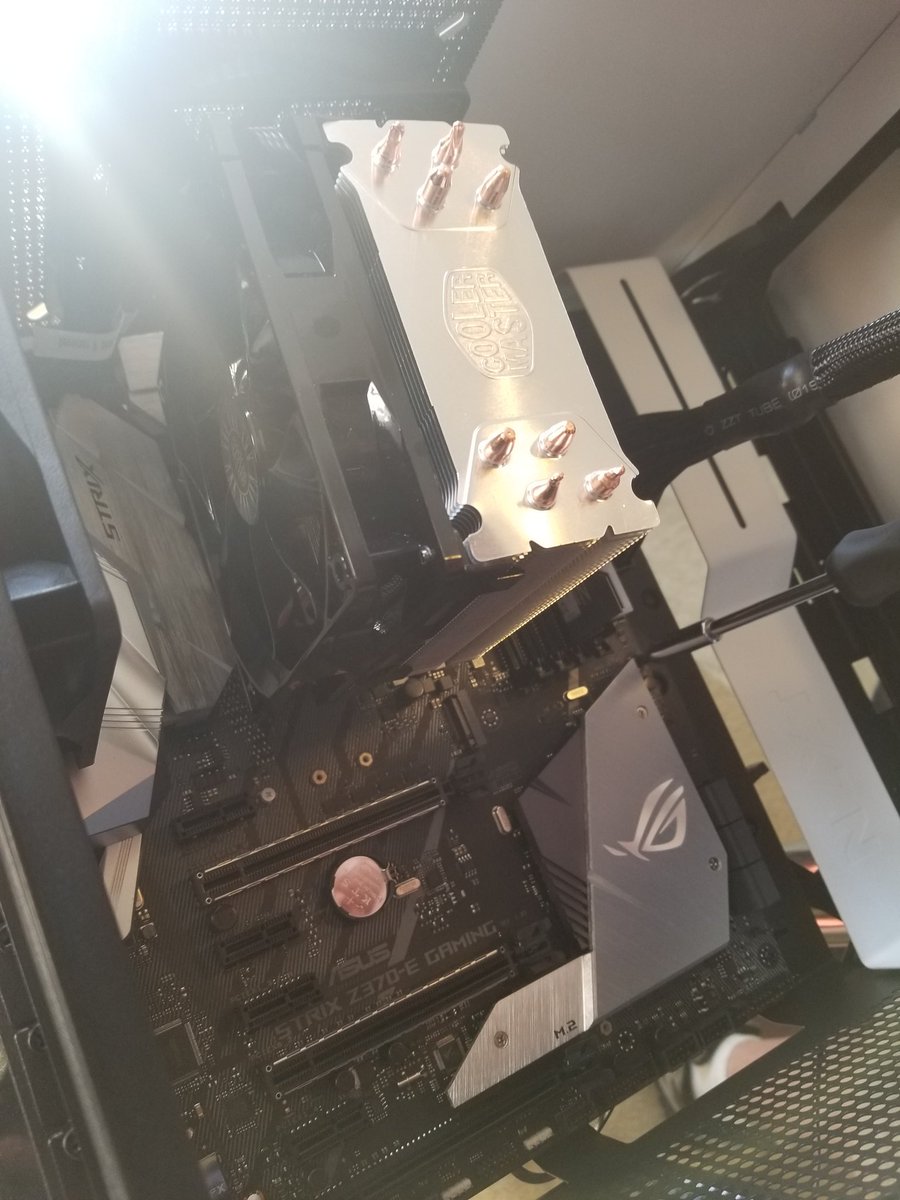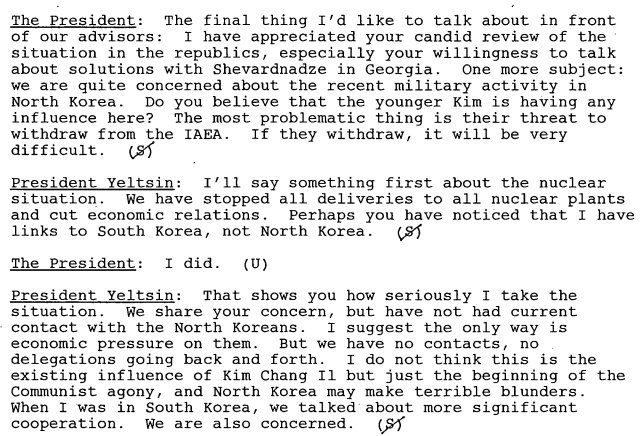For years, nonproliferation experts & #NorthKorea watchers have suspected the existence of covert uranium enrichment sites in the country. Now, for the first time, we've found one. Introducing the Kangson enrichment site: thediplomat.com/2018/07/exclus… (cc @ArmsControlWonk)
A few notes on this site: it's literally in a suburb of Pyongyang, close to Kim Il Sung's propagandized birthplace (Mangyongdae). It was "hiding" in plain site; it was not an underground site, contrary to earlier reports.
As noted in the article, there's good evidence that North Korea had started building & even operating it in the early 2000s. USIC took until 2010 to designate it a nuclear program-relevant site. That speaks to the difficulties of intelligence analysis & collection in North Korea.
In 2002, USIC *did* nonetheless point out the existence of North Korea's covert HEU program—what led to the collapse of the Agreed Framework. Perhaps that wasn't based on finding this site, but on DPRK's mass importation of centrifuge components.
And, anyway, this site is very significant for NK's overall fissile material supply chain. Remember this DIA/NGA assessment from last year on fissile material? thediplomat.com/2017/08/us-int…
The estimate of material for 60 weapons seemed very high to many well-informed folks. Assuming just HEU production at Yongbyon, that's true. But Kangson informed that estimate too—and appears to be a significant contributor to DPRK enrichment capacity.
Anyway, more thoughts later. A huge pleasure to work with @ArmsControlWonk, @DaveSchmerler, @grace_c_liu, and @geo4nonpro on this.
If you want to support more work like this, you can subscribe to @Diplomat_APAC here: thediplomat.com/subscriptions
• • •
Missing some Tweet in this thread? You can try to
force a refresh













